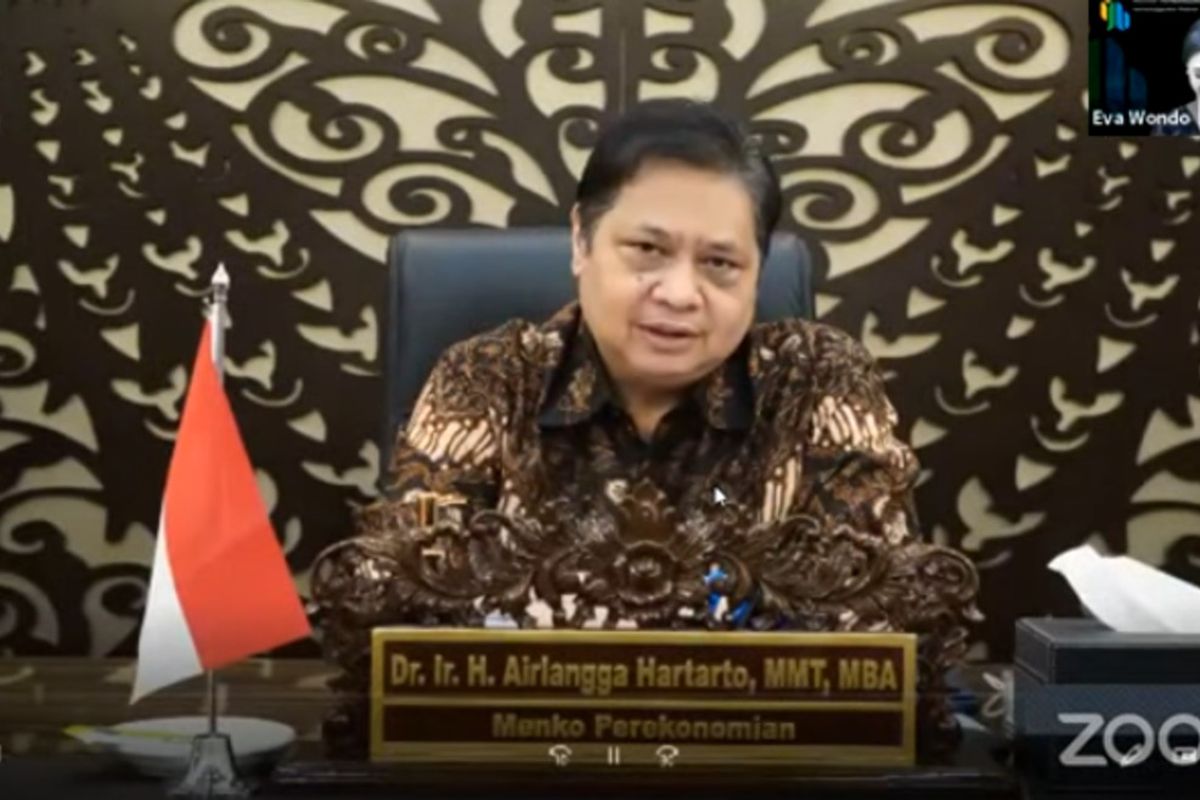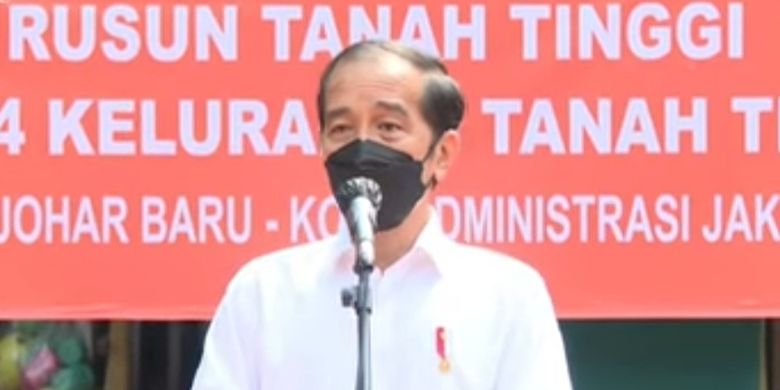Indonesia Highlights: Indonesia Coronavirus: 75 Percent Work From Home Policy Required in Red Zones | Jokowi Set Target of Inoculating 7.5 million Jakartans End of August | Bicycle Price Drops up to 3

KOMPAS.com – Indonesia has extended micro-scale public activity restrictions or locally known as PPKM Mikro for another two weeks until June 28.
The restrictions, among others, will require 75 percent of employees in the red zones or a high-risk rate of transmission to work from home (WFH).
Indonesia's President Joko “Jokowi” Widodo set an ambitious target of vaccinating as many as 7.5 million residents in Jakarta by the end of August to achieve herd immunity.
Below are excerpts from the news in Indonesia, curated by Kompas.com editors:
Indonesia Coronavirus: 75 Percent Work From Home Policy Required in Red Zones
Indonesia has extended micro-scale public activity restrictions or locally known as PPKM Mikro for another two weeks until June 28 throughout the country to contain the spread of coronavirus.
“Starting from tomorrow, PPKM Mikro has been extended to June 28,” said Coordinating Minister of Economic Affairs Airlangga Hartarto, who also heads the National Covid-19 Handling and Economic Recovery Committee (KPC-PEN) in the Presidential Palace on Monday, June 14.
During the 10th stage of PPKM Mikro, 75 percent of employees in the red zones or high-risk rate of transmission are required to work from home (WFH). Only 25 percent of employees are allowed to work from their offices. The work schedule for the WFH and work from office policies must be done on a rotating basis.
Meanwhile, office buildings in the yellow zones (low risk) and orange zones (medium risk) are allowed to have 50 percent of their employees work in the office.
In the education sector, learning activities must follow the rules from the Ministry of Education, Culture, Research, and Technology. However, schools located in the red zones are required to conduct online classes.
For the next two weeks, restaurants and malls can only operate until 9:00 pm with a maximum visitor capacity of 50 percent. Health protocols must also be strictly enforced.
Also, devotees who live in the red zones must perform prayers from home.
Jokowi Set Target of Inoculating 7.5 million Jakartans End of August
 Indonesia's President Joko Widodo speaks during a press conference after visiting a vaccination center in Tanah Tinggi low-cost apartment in Central Jakarta on Monday, June 14, 2021.
Indonesia's President Joko Widodo speaks during a press conference after visiting a vaccination center in Tanah Tinggi low-cost apartment in Central Jakarta on Monday, June 14, 2021. Indonesia's President Joko “Jokowi” Widodo set an ambitious target of vaccinating as many as 7.5 million residents in Jakarta by the end of August to achieve herd immunity.
Jakarta, where the first two confirmed cases were detected in March 2020, is currently the largest epicenter of the Covid-19 pandemic in Indonesia.
Despite the ambitious target, Jokowi wants it to be realized because the sooner herd immunity is formed, hopefully, the pandemic will end soon.
"I have also told the Jakarta Governor that by the end of August, 7.5 million residents in Jakarta must be vaccinated. This is indeed an ambitious target," said Jokowi when visiting a vaccination center in Tanah Tinggi low-cost apartment in Central Jakarta on Monday, June 14.
Accompanying him were Jakarta Governor Anies Baswedan, Health Minister Budi Gunadi Sadikin, and Central Jakarta Mayor Dhany Sukma.
To achieve the target, the president has instructed the local administrations of all levels to work hard. This program must also be supported by all public health centers and hospitals in the capital city.
"The people interaction in Jakarta is high so is the people mobility, therefore the speed of mass vaccination program will help stem the spread of the Covid-19," he said.
The Covid-19 vaccination held at Tanah Tinggi, one of the crowded areas in Jakarta capital, was intended for the general public and people with disabilities. The people interaction in the area is very high so that the vaccination program must be prioritized.
Bicycle Price Drops up to 30 Percent in Indonesia due to Oversupply
 Images of folding bikes.
Images of folding bikes. The price of bicycles, especially folding bikes, is declining significantly as compared to last year in response to the Covid-19 pandemic.
Chairman of the Indonesian Bicycle Entrepreneurs Association (Apsindo) Eko Wibowo Utomo said that a part of this decline was due to oversupply in both domestic and foreign markets.
“There was a market correction as the price went up previously because last year’s stock was lacking and traders had raised prices to adjust the situation,” Eko told Kompas.com on Sunday, June 13.
Besides, he added, following the decline in the public interest and purchasing power, bicycle manufacturers have decided to make adjustments to bicycle components, causing a decrease in prices as well.
“Previously, for example, the price of folding bikes was over four million rupiahs [$280] and it has now dropped to 2.5 million [$175],” said Eko. The price of bicycles in the domestic market on average fell by about 20 percent to 30 percent compared to last year.
"Currently, the stock of bicycles at dealers, manufacturers, and importers is high," he said.
Regarding the bicycle components, he said that currently the supply is still limited due to the high demand of orders by producers. “The components are available but in small numbers, because the demand remains high from manufacturers and production arrangements at the factory," he said.

































